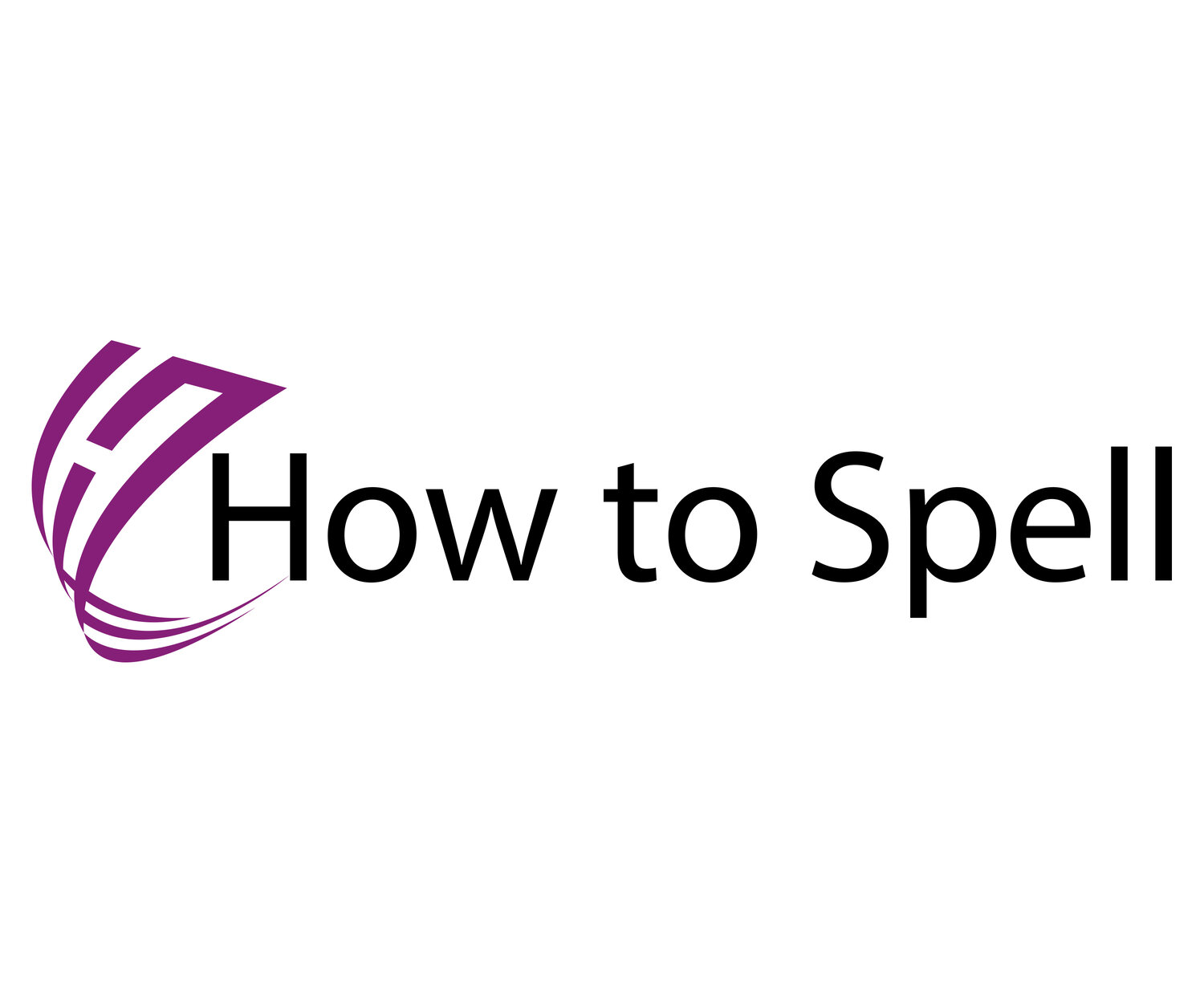alright or all right?
alright or all right?
I'm alright, thanks.
I'm all right, thanks.
1. Which do you use?
2. Are they both correct?
3. Is there one that is used in formal writing?
4. Or is one of these incorrect?
Alright and all right are both correct. But some people insist that all right is the correct version.
Although the spelling alright is more than a century and a half old, some critics have insisted alright is all wrong. Nevertheless, it has its defenders and its users, who perhaps have been influenced by analogy with altogether and already. (Merriam-Webster Dictionary )
I'm alright/all right, thanks.
Basically alright/all right means I'm OK/I'm fine/I'm alright
It also means 'good enough' - Is everything all right/alright?
It means 'safe and well': I hope the children are all right/alright.
Do you feel all right/alright?
"Can you get me some stamps?" "Yes, all right./ Yes, alright."
According to the Oxford Dictionary: "There is no logical reason for insisting that 'all right' should be written as two words rather than as 'alright', when other single-word forms such as 'altogether' and 'already' have long been accepted. Nevertheless, alright is still regarded as being unacceptable in formal writing."
Fowler's Modern English Usage says "That there are various arguments in its [alright] favour especially when we need 'all' and 'right' has two separate words as in, He finished the crossword and got it all right.
So remember we can use 'all right' as two separate words when everything is all correct
Your answers are all right/all correct. Though we'd probably use 'all correct' in this situation.
Use all rightwhen you're writing formally for business, in job applications and academically.
Use alright in informal writing with friends, colleagues, etc.
